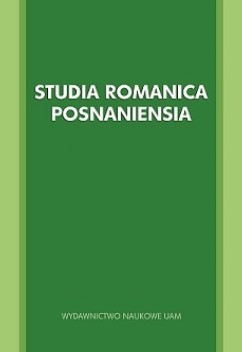La ciudad guetoizada: Buenos Aires en la narrativa de Ana María Shua
The city of ghettos: Buenos Aires in Ana María Shua’s fiction
Author(s): Agata Draus-KłobuckaSubject(s): Other Language Literature, Rural and urban sociology, Theory of Literature
Published by: Uniwersytet Adama Mickiewicza
Keywords: ghetto; dystopian city; Buenos Aires; metafiction; urban island;
Summary/Abstract: The article analyzes the image of Buenos Aires in the narrative of Ana María Shua, an Argentine writer of Polish Jewish descent. Urban space plays an important role in her prose described often as apocalyptic or dystopian. Through a historiographical metafiction, the author rewrites the memory of the ancestors in El libro de los recuerdos (2007), a novel that presents the life of Jewish immigrants in the capital of Argentina, divided into neighborhoods marked by their ethnicity. Eroticism and the use of the female body are, on the other hand, the topics that dominate in the author’s collection of micro-stories titled Casa de geishas (2009), where the brothel is described as a singular ghetto, rooted in the city panorama. Finally, the novel La muerte como efecto secundario offers a dystopic description of a future of a ghettoized city, where compulsory geriatric ghettos become a reality. The article, based on the analysis of the aforementioned works, presents a critical look at the use of the concept of “ghetto” or “urban island” in the construction of the narrative structure and space in Ana María Shua’s fiction.
Journal: Studia Romanica Posnaniensia
- Issue Year: 49/2022
- Issue No: 1
- Page Range: 17-31
- Page Count: 15
- Language: Spanish

